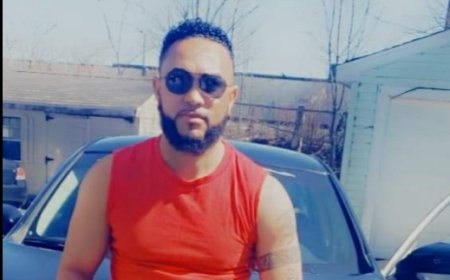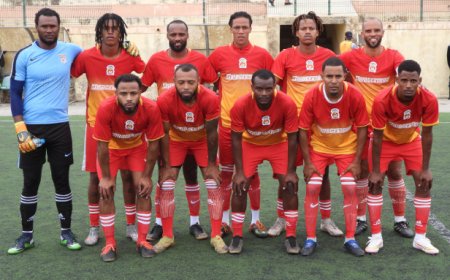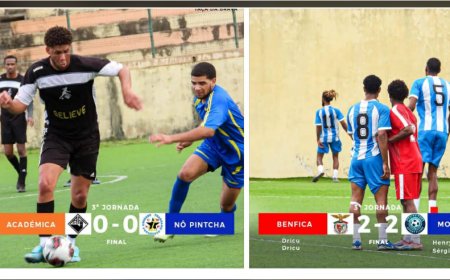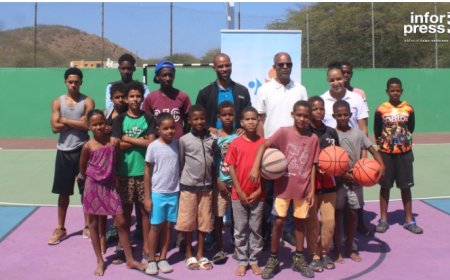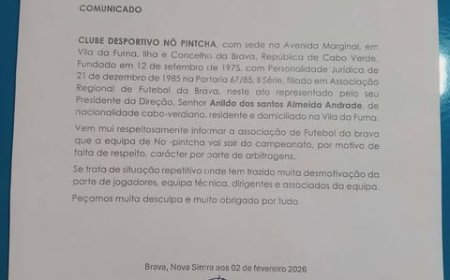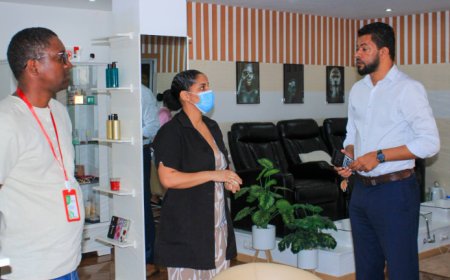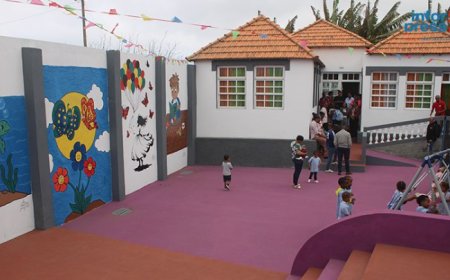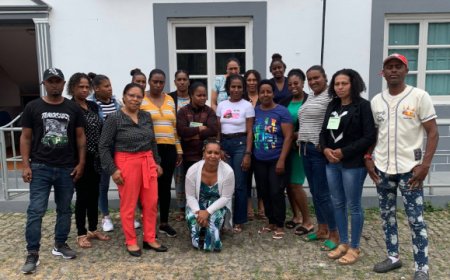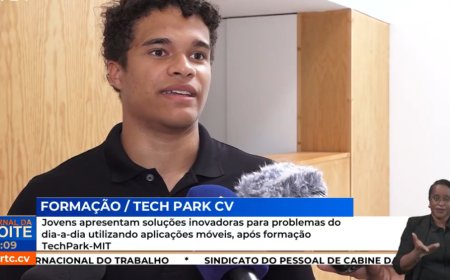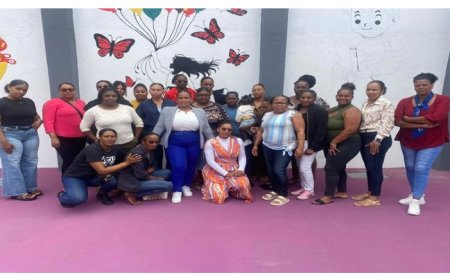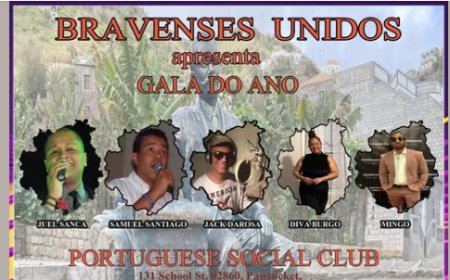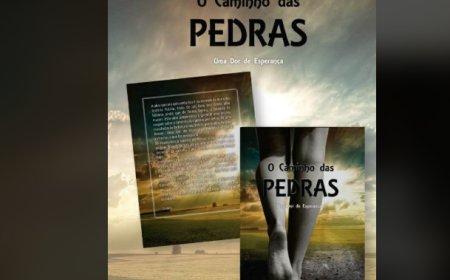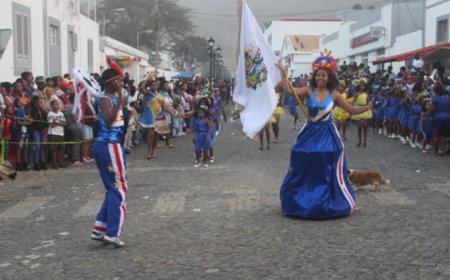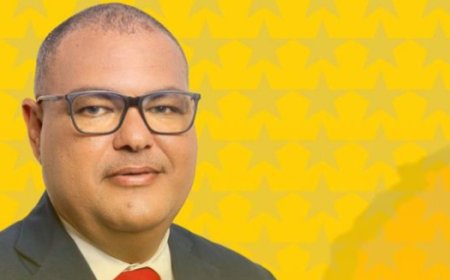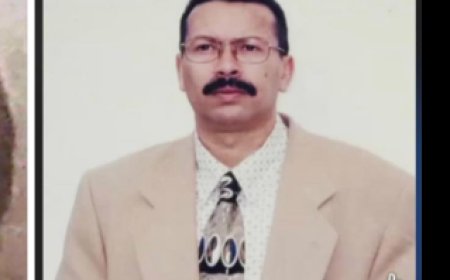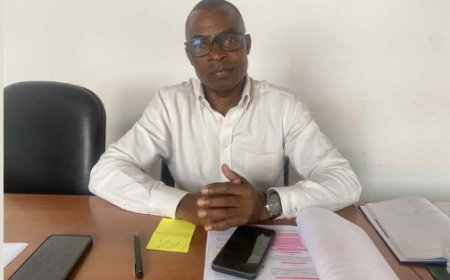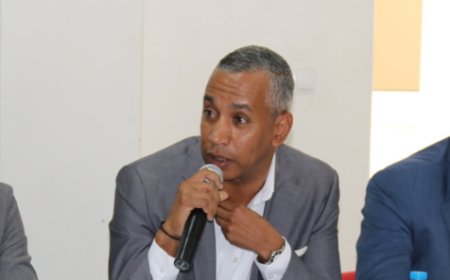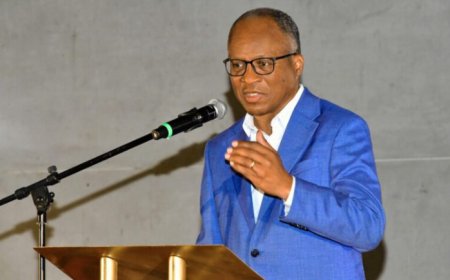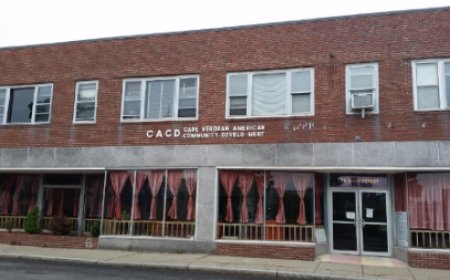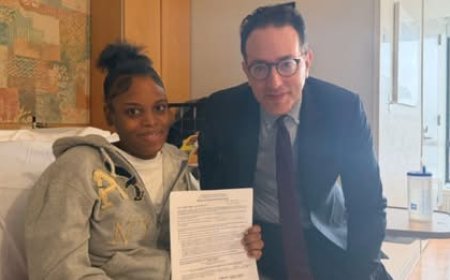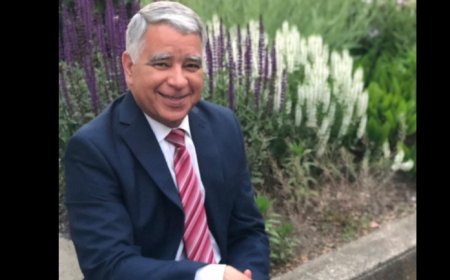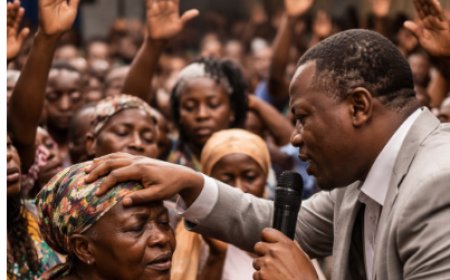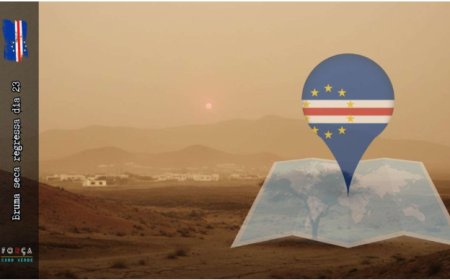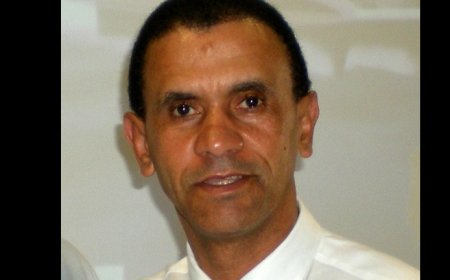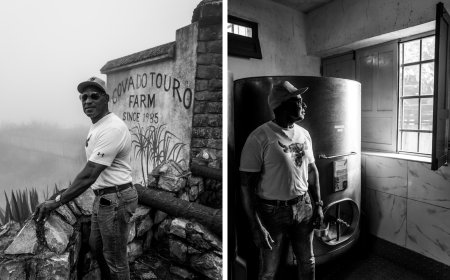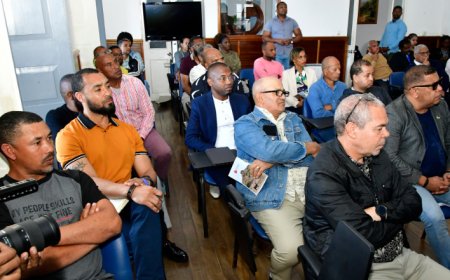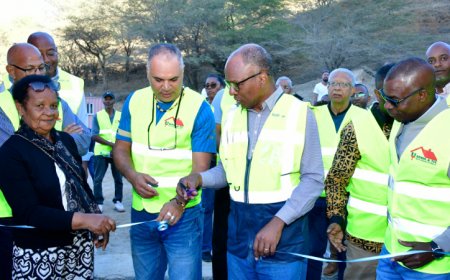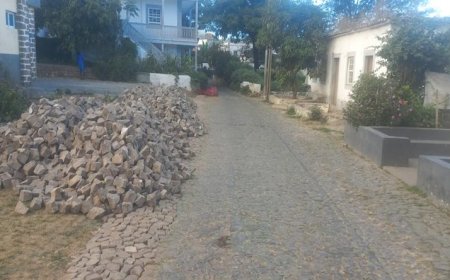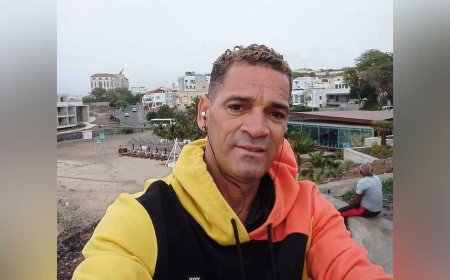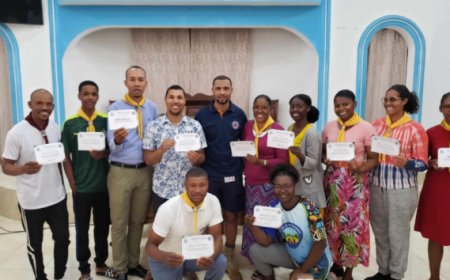Ambassador who fought for independence "outraged" by Ulisses Correia e Silva's speech
Former ambassador Luís Fonseca, who fought for independence and was imprisoned by the colonial regime, said on Monday 28 that he was "outraged" by the speech with which the Prime Minister, Ulisses Correia e Silva, opened the celebrations for the 50th anniversary of sovereignty.
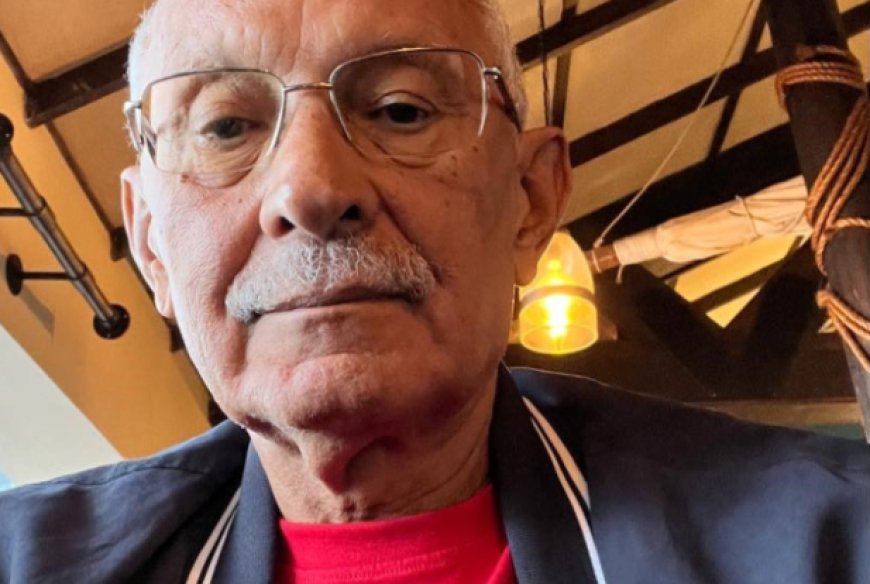
"Of course I feel indignant, my indignation has not gone away," he told Lusa, after expressing himself in an Internet post following Friday's ceremony on the island of São Vicente.
"We have reached the point where we want to commemorate the most important date in the history of a country" without "the protagonists, the organizations involved in this process".
"We've reached a point where we want to commemorate the most important date in the history of a country" without "the protagonists, the organizations that took part in this process" being taken into account, "as if they hadn't existed", he said.
Luís Fonseca criticized the lack of references in the speech to Amílcar Cabral, the African Party for the Independence of Guinea and Cape Verde (PAIGC) and "the whole process of the national liberation struggle" which he considered to have been "ignored".
Fonseca pointed out that even the Portuguese ambassador to Cape Verde, João Queirós, recognized the role of Amílcar Cabral and the struggle for independence, in a speech at the same ceremony, to ask: "how is it possible to be ignored" by the leader of the government of the country he fought for?
"Something's not right. Frankly, I can't understand it, but I'm not the only one: I've received many expressions of support. I couldn't keep quiet," he said.
Luís Fonseca said there was "resentment, spite" at the lack of prominence in "anything worthy of note" that "makes you lose track of reality".
When asked if this was a criticism of the prime minister, he replied: "not just him", but other people, with "attitudes in parliament, in the press, in their statements, in their ways of avoiding facts and historical personalities of this country".
"When this is transferred to the management of a state, the consequences can be extremely harmful and I think that's what's happening," he said.
The struggle for independence (1975) and the opening to multipartyism (1990) are topics that often generate debate between different figures in the African Party for the Independence of Cape Verde (PAICV) and the Movement for Democracy (MpD), the two forces that alternate in power in the archipelago.
But Luís Fonseca said that this episode has other contours: "The PAICV has not made any statement, it seems to be comfortable with the situation," he said.
The former diplomat believes there is an "attempt to erase history: it's something that is probably happening all over the world. There seems to be a perverse offensive to falsify history in order to brutalize people and thus conceal or justify injustices, subjugating peoples and nations to increasingly dehumanized private interests."
The former diplomat believes that there is an "attempt to erase history.
When asked if it wasn't too early to criticize celebrations that have only just begun, Fonseca said that "when the official opening is made by the highest representative of the government, the tone is set by the first statement that is made and it was absolutely disastrous".
"Whether it can be rectified, I can't say, but from then on the outlook is not at all favorable," he added.
The speech by Ulisses Correia e Silva, also president of the Movement for Democracy (MpD), on Friday evoked the nation of more than five centuries, which was a colony, which fought and managed to become independent and which in 1991 held the first free elections, in what he classified as a "path of resilience" that is "a source of pride" - linking it to the slogan of the celebrations, "Cape Verde, our pride, our future".
In another excerpt, the head of government alluded to those who carried out "the struggles for liberation", who were young, adding that today's young people must build their own history.
Luís Fonseca is on the verge of his 81st birthday and was the former executive secretary of the Community of Portuguese Speaking Countries (CPLP) between 2004 and 2008, before which he was Cape Verde's representative to the United Nations, the European Union and led different areas of the archipelago's foreign affairs.
He took part in Cape Verde's struggle for independence, underground, and spent time in Fortim (São Vicente), Praia and Tarrafal prisons on the island of Santiago.
The celebrations for the 50th anniversary of independence, organized by the government of Cape Verde, are taking place until December and the highlight is scheduled for July 5, Independence Day, with a special session of parliament in the capital, Praia.





